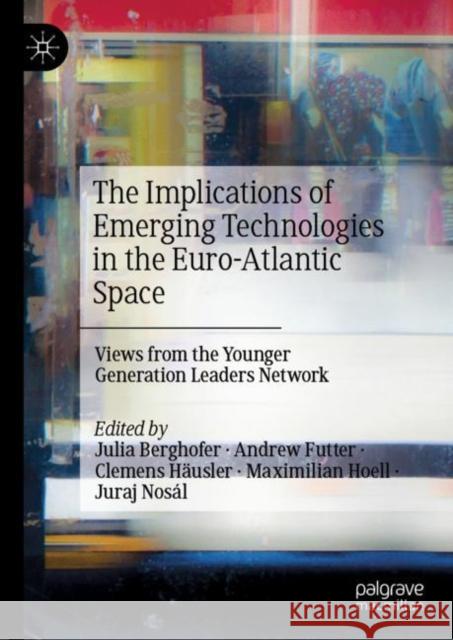The Implications of Emerging Technologies in the Euro-Atlantic Space: Views from the Younger Generation Leaders Network » książka
topmenu
The Implications of Emerging Technologies in the Euro-Atlantic Space: Views from the Younger Generation Leaders Network
ISBN-13: 9783031246722 / Angielski / Inna / 2023
The Implications of Emerging Technologies in the Euro-Atlantic Space: Views from the Younger Generation Leaders Network
ISBN-13: 9783031246722 / Angielski / Inna / 2023
cena 562,23
(netto: 535,46 VAT: 5%)
Najniższa cena z 30 dni: 501,19
(netto: 535,46 VAT: 5%)
Najniższa cena z 30 dni: 501,19
Termin realizacji zamówienia:
ok. 22 dni roboczych
Dostawa w 2026 r.
ok. 22 dni roboczych
Dostawa w 2026 r.
Darmowa dostawa!
Kategorie BISAC:
Język:
Angielski
ISBN-13:
9783031246722
Rok wydania:
2023
Wymiary:
21.0
Oprawa:
Inna
Dodatkowe informacje:
Wydanie ilustrowane











